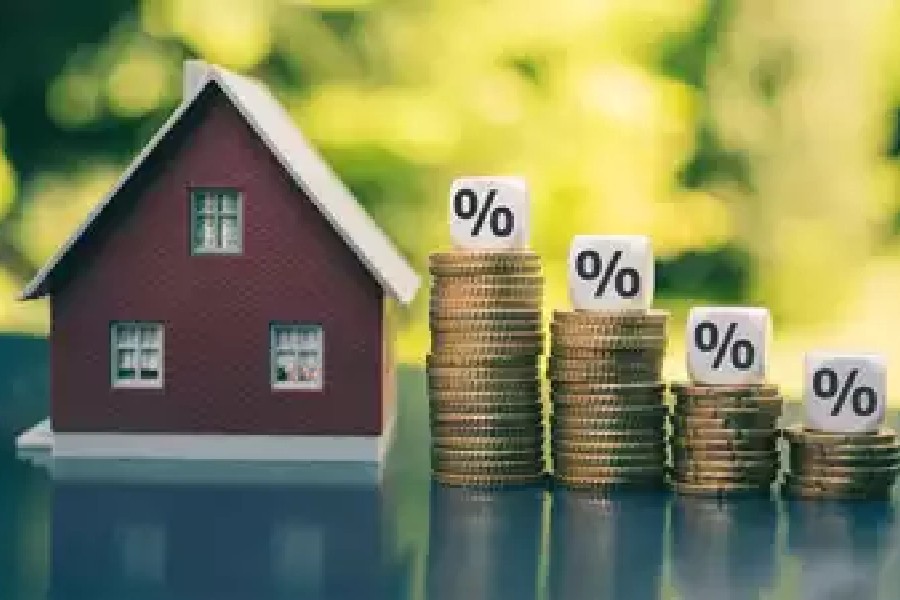The fog over taxation on capital gains arising from sale of legacy properties has lifted with the Centre clarifying that purchase value will be considered as the value of the property as on April 1, 2001.
No matter when the property — land, building or apartment — was bought, built or inherited, the value on the day as ascertained by a registered valuer will be considered as the cost to calculate capital gain.
This was clarified by T.V. Somanathan, Union finance secretary, after the budget withdrew indexation benefits available to arrive at the long-term capital gain, creating panic among ancestral home owners who were worried about the higher tax incidence
The Centre reduced the LTCG on sale of immovable properties to 12.5 per cent without indexation compared with 20 per cent with indexation. The changes came to effect from last night.
“We will continue to start valuing property only from 2001. It’s not that benefit has been taken away,” Somanathan said, adding that sellers would benefit from lower tax rates in most instances.
For the purpose of indexation, the property value of April 1, 2001 or any date thereafter used to be taken as the cost/purchase value.
With this clarification, the quantum of capital gain from sale of a property acquired prior to April 1, 2001 will be capped from that day onwards, leaving out the value appreciation made prior to that. This will substantially cap capital gains on ancestral properties.
Dinesh Agarwal, tax partner of EY, said the clarification has cleared confusion over this important piece of direct tax legislation in the budget.
“It is not that the value of the ancestral /old properties at the time of purchase or acquisition will be considered as the cost price for LTCG calculation. No matter when it
was acquired, the value on April 1, 2001 will be considered as the cost price. We have to see facts of each case to see if there is a gain or loss in the new regime,” Agarwal explained on the sidelines of a post-budget seminar organised by FICCI.
Dhruv Chopra, managing partner of Dewan P.N. Chopra & Co, said there has been a move to rationalise LTCG tax on properties over the last few years.
“Last year we saw a restriction being placed on the quantum of exemption available from LTCG tax. With effect from assessment year (AY) 2024-25, an assessee could invest in another residential immovable property under section 54/ 54F to avail a tax exemption up to ₹10 crore. There was no limit on this exemption prior to AY24-25,” Chopra said.
Spotlight on valuer
Registered valuers used to play an important role in discovering the cost price of legacy properties as on April 1, 2001 for the purpose of indexation benefit. They will continue to play an important role even after the tax tweaks announced in the budget.
However, the method of calculating the fair value of a legacy property on a given date more than two decades back is far from easy, said Rakesh Anand, a registered valuer who has been doing the job from 1988.
“To value a property in a given month and year, we have to find two-three comparable properties in the same area and consider the rates at which they were registered at that time.
“We then have to take a median rate from them, apply it to the property in question to arrive at a fair value, and then hope that the valuation is acceptable to the Income Tax authorities,” Anand explained. He, however, pointed out that it has now become increasingly difficult to fish out old property documents for the purpose of valuation.











